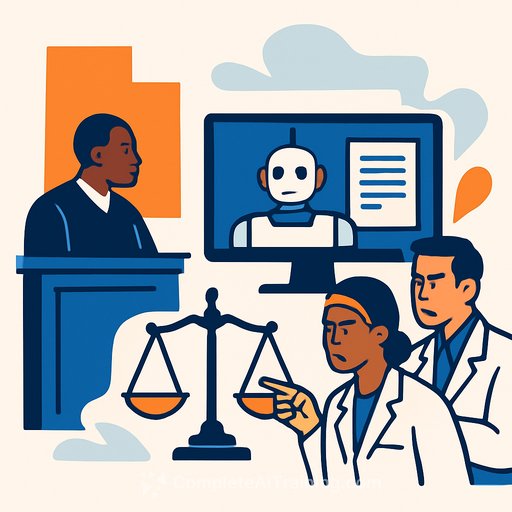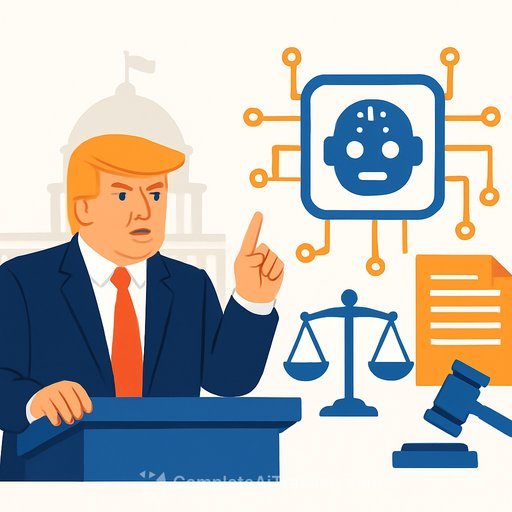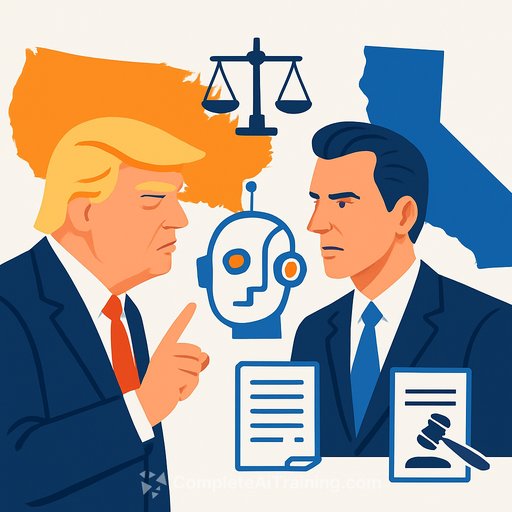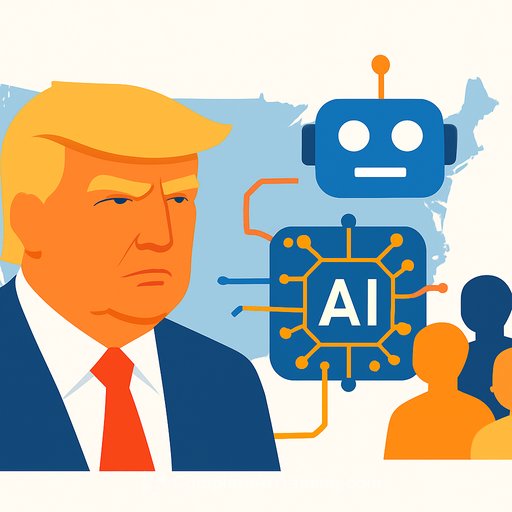Utah Anesthesiologists Challenge AI-Based Expert Testimony in False Claims Act Suit
A group of Utah anesthesiologists involved in a False Claims Act lawsuit is seeking to exclude the testimony of a medical billing expert. Their argument centers on the expert’s use of artificial intelligence to generate a report they claim contains numerous errors.
The anesthesiologists maintain that the expert's reliance on AI has compromised the report’s accuracy, potentially misleading the court. They contend their billing practices complied with industry standards and that the report fails to reflect their actual procedures.
Concerns Over AI-Generated Expert Reports
In their motion, the anesthesiologists stress the need for expert testimony to be both reliable and precise. They argue that AI-generated analyses raise questions about the validity of the findings, given the potential for errors and lack of human oversight.
Expert evidence often carries significant weight in False Claims Act cases. As such, the admissibility of this AI-influenced report could influence the direction and outcome of the litigation.
Implications for Legal Practice
This case highlights key issues about the use of artificial intelligence in legal evidence. Courts and litigants may increasingly face challenges regarding the accuracy and reliability of AI-assisted expert reports.
Legal professionals should monitor developments like this to understand how AI tools are shaping evidentiary standards and expert witness credibility.
- False Claims Act overview: U.S. Department of Justice
- Guidance on expert testimony standards: American Bar Association - Daubert Standard
Your membership also unlocks:






